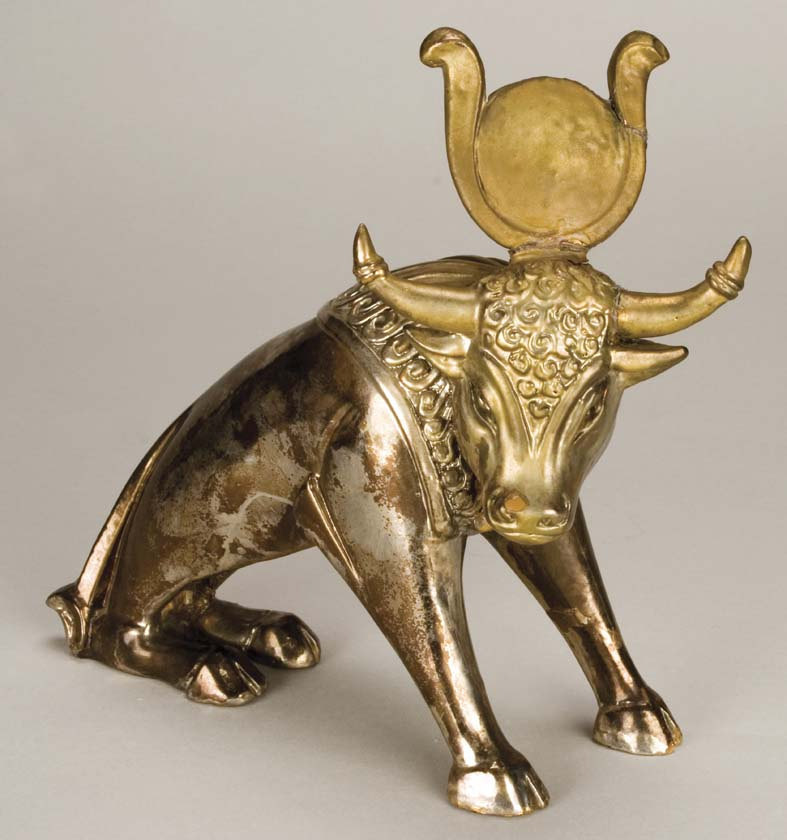Blog
“Interceding Moses, Interceding Jesus”
Categories: Meditations

It’s rare that I read something online that really makes me stop and think. This essay, however, is quality work. It grapples with the question of why God in the Old Testament does things that strike us as evil. Particularly, why does He nearly annihilate mankind during the flood and almost do the same thing to Israel in Exodus 32 after the Israelites sin with the golden calf?
I thought the author’s analysis of the second question was particularly insightful. He notes that God does not say to Moses, “My wrath burns hot against them, and I will consume them.” Instead, He says, “Now therefore let Me alone, that My wrath may burn hot against them and I may consume them.”
Moses, of course, does not let God alone, and after the ensuing conversation, God agrees not to destroy the Israelites. However, this conversation never would have happened if God had not provoked it by asking Moses not to have it. Effectively, God is saying, “Moses, talk me out of this.” Moses’ intercession kindles God’s mercy toward a people that manifestly does not deserve it.
These mysteries are profound, but I think we can go deeper still. God does not merely say “Let Me alone,” because He wants Moses not to let Him alone. Instead, God says that because part of God does want it to happen, not merely with respect to the sinful Israelites, but with respect to all sinful people everywhere. His perfect holiness finds our sin repugnant, unbearable. It demands that He separate Himself from us.
And yet, as much as God wants us to let Him alone, He wants us not to. James 4:5 says, “He yearns jealously over the spirit that He has made to dwell in us.” Our spirits reveal that we are His children, and He can no more abandon us than we could abandon our own children.
Simultaneously, then, God longs both to reject and to embrace us. This is not a contradiction in His nature. Instead, it reflects the contradiction in our natures. We are created as the children of God, but we behave as the children of wrath. As He says in Hosea 6:4, “What shall I do with you?”
His answer is to say, “Let Me alone,” both condemning evil and inviting the intercession from Moses that will tip the scales in favor of mercy. In this, though, Moses’ intercession is nothing more than a shadow of the intercession of Christ. If Christ does not intercede, if the holiness of God is not deterred from its course, God’s wrath will burn hot against us and consume us too.
In response, though, Jesus offers far more than Moses did. Moses recalls to God His covenant with Abraham, Isaac, and Jacob, but Jesus inaugurates a new covenant. Moses forestalls the punishment for sin, but Jesus takes it upon Himself. “Let Me alone,” God says, both to us and about us. “No,” Jesus replies, and His intercession opens the door to mercy and fellowship for eternity.





